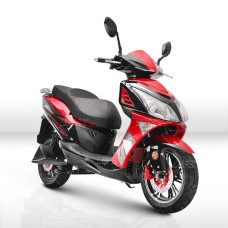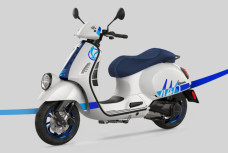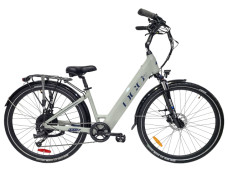Sell your bike at the Largest Used Bike Marketplace and get the highest price.
Why Sell With Bikes4Sale?
- • Dedicated bike portal, started in 2007.
- • More than 5,00,000 bikes sold till date.
- • No commission on sale.
- • Usual time to sell between 1 to 3 weeks.


 Ducati Streetfighter V4 Supreme: All Details Inside
Ducati Streetfighter V4 Supreme: All Details Inside Safe Gravel Biking in Australia: 6 Expert Tips for Remote Trail Adventures
Safe Gravel Biking in Australia: 6 Expert Tips for Remote Trail Adventures Beta Unveils All-New 2025 RR X-Pro Enduro Motorcycle Lineup
Beta Unveils All-New 2025 RR X-Pro Enduro Motorcycle Lineup Top Must-Try Urban Bike Trails in Australia
Top Must-Try Urban Bike Trails in Australia Check Out SC-Project’s New Slip-On Exhausts for the BMW F 900 GS
Check Out SC-Project’s New Slip-On Exhausts for the BMW F 900 GS How Cargo Bikes are Changing Local Deliveries in Australia?
How Cargo Bikes are Changing Local Deliveries in Australia? Australia's Top Electric Cargo Bikes
Australia's Top Electric Cargo Bikes 2025 Honda CRF 250 and 450 Race Bikes: New Features Revealed
2025 Honda CRF 250 and 450 Race Bikes: New Features Revealed BMW R20 Concept Unveiled: A Big Boxer Roadster Gets Bold and Pink
BMW R20 Concept Unveiled: A Big Boxer Roadster Gets Bold and Pink Shimano Unveils 2x12-Speed GRX Di2 for Gravel Enthusiasts
Shimano Unveils 2x12-Speed GRX Di2 for Gravel Enthusiasts










